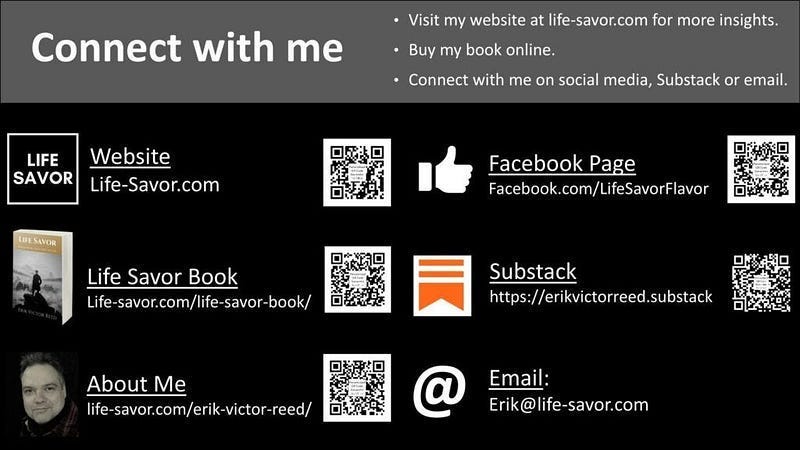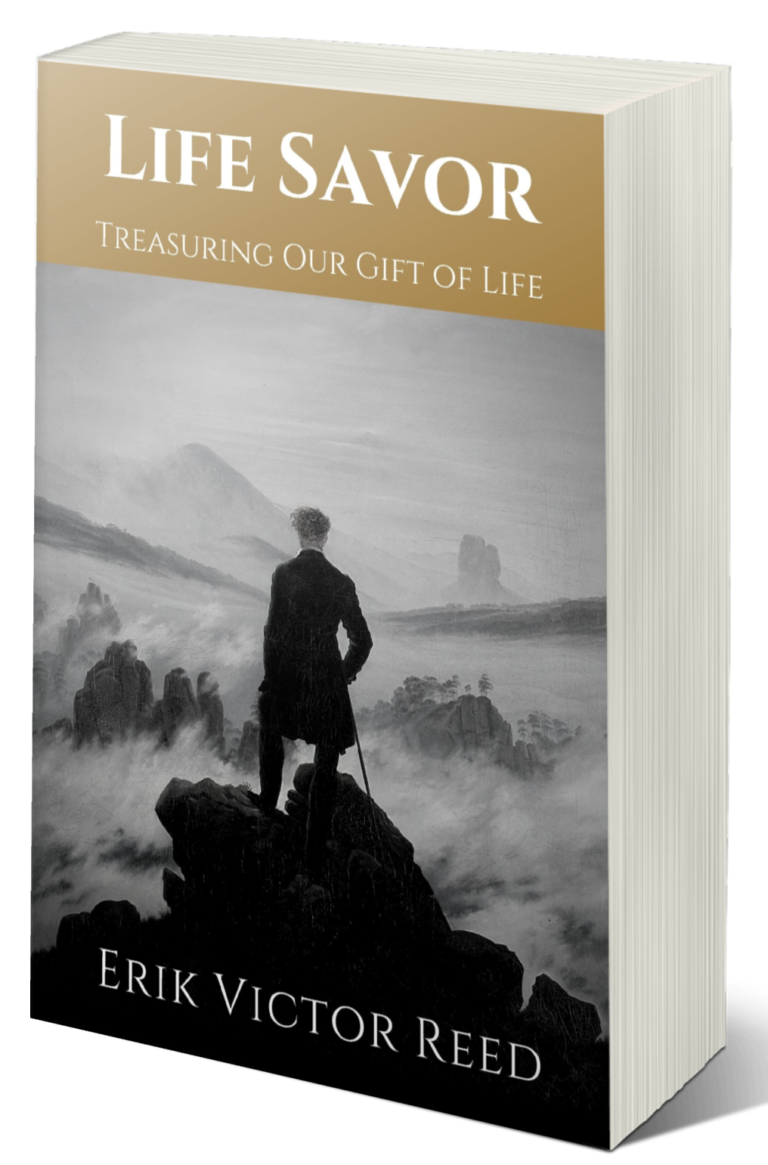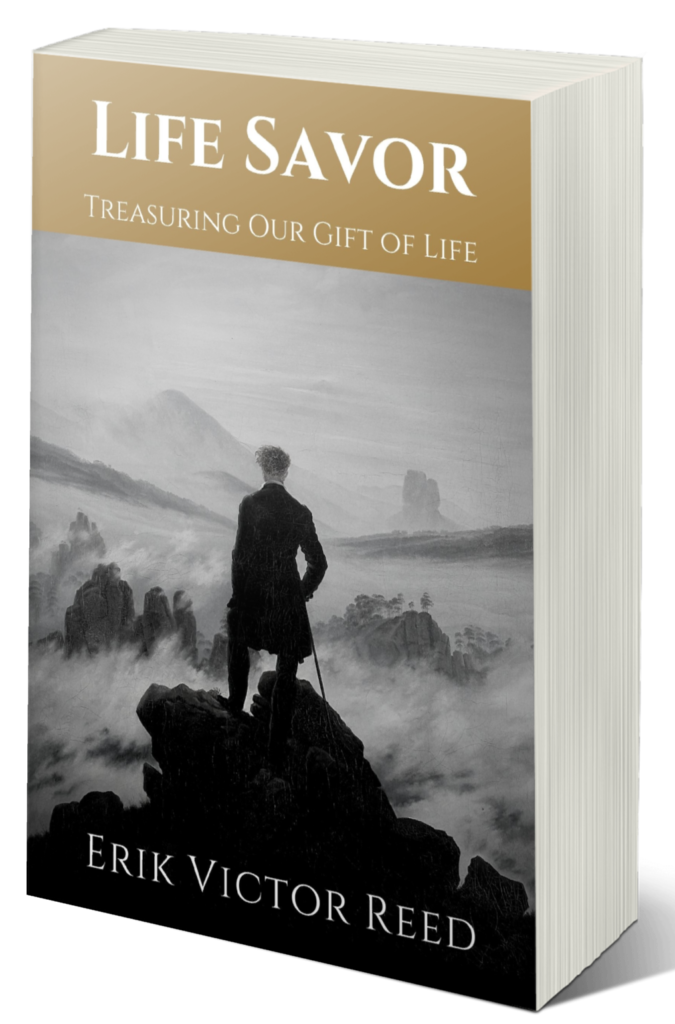Why remembering death awakens us to life
The Unwelcome Messenger
Death is the truth we avoid. We distract ourselves, euphemize, hide it behind hospital curtains and polite silence. But avoidance doesn’t erase reality. The clock is ticking for each of us.
This sounds grim, but it doesn’t have to be. Mortality is not only the end of life. It is the wakeup call that gives life urgency.
Death as Clarifier
When we remember death, priorities shift. Petty frustrations shrink. What matters rises to the surface.
- The argument we were about to escalate suddenly seems less important.
- The phone call to someone we love suddenly feels more urgent.
- The project we’ve been delaying suddenly feels worth starting.
Death clarifies value. It reminds us that time is not on tap, that every day is bonus time.
The Funeral Reminder
Picture standing at a funeral. The rituals unfold, the eulogies are spoken. In the hush, one thought echoes: life is short.
At that moment, we don’t care about inboxes or errands. We care about love, meaning, presence. Funerals remind us of mortality not to depress us, but to reorient us.
The people in the casket once thought they had more time. So do we.
Why We Resist
If mortality is such a clarifier, why don’t we remember it more often?
- Fear. Death feels terrifying, so we suppress it.
- Culture. We live in denial, treating youth and productivity as permanent.
- Distraction. Constant noise and busyness leave no space for deeper reflection.
But resistance doesn’t help. It just leaves us drifting, unawakened.
Mortality as Motivation
Remembering death doesn’t paralyze. It motivates.
- Knowing life is finite makes today urgent.
- Knowing time is short makes choices clearer.
- Knowing death is inevitable makes gratitude sharper.
The point is not to dwell morbidly. The point is to live vividly, because the days are numbered.
The Paradox of the Gift
Richard Dawkins once wrote: “We are going to die, and that makes us the lucky ones.”
It sounds paradoxical, but it’s true. Most possible beings never exist. We get to. Mortality doesn’t diminish the gift — it defines it. Without death, life would blur into endless repetition. With death, each moment is sharpened into significance.
A Walk Among Gravestones
Picture yourself walking through a cemetery. Each stone bears a name, a pair of dates, a dash in between. That dash is all they had. That dash is all we have.
We don’t know how long our dash will be. But we know it will end. And that knowledge is not meant to depress us. It is meant to wake us up.
The dash is today. What will we do with it?
Practices for Remembering Mortality
- Memento mori. Place a small reminder where you’ll see it — a symbol that life is short.
- Ask the deathbed question. Will this matter at the end? If not, let it go.
- Read obituaries. They remind us life is finite and nudge us to live ours intentionally.
- Use mortality as filter. When overwhelmed, ask: “Given my limited days, what is worth my time?”
These are not morbid. They are clarifying.
The Liberation of Limits
The reality of death liberates us from illusion. It frees us to live truer. It whispers: stop waiting, stop deferring, stop pretending you have forever.
Knowing the end is near — whether decades away or tomorrow — can fill us with fear. But it can also fill us with courage. Courage to love, to risk, to create, to savor.
Closing Thought
Mortality is the wakeup call we try to ignore. But when we let it in, it becomes our ally. It sharpens priorities, fuels gratitude, and infuses our days with meaning.
We don’t need to fear the messenger. We need to listen to it.
Because one day, our dash will end. And when it does, the only question will be: did we live fully awake?
For more like this, visit the broader project at life-savor.com, or explore the Life Savor book itself.
To learn more about Life Savor’s philosophy,
read Life Savor: Treasuring Our Gift of Life by Erik Victor Reed.








